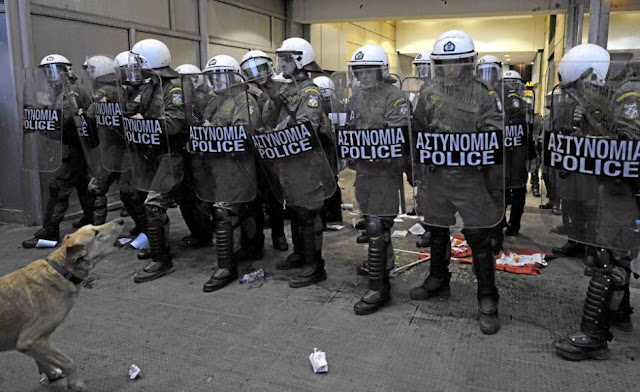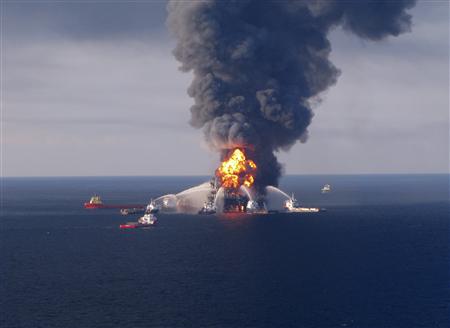Investors starting to shun Chinese real estate bonds
Bloomberg's headline says that China's real estate bubble has burst in the bond market but I'm not so sure. In any case, here is the story : Dollar bonds sold by China real estate companies this year are the worst performers among Asian non-financial corporate debt denominated in the U.S. currency amid concern the nation’s property market is overheating. Yields on the $3.9 billion of bonds issued by Kaisa Group Holdings Ltd., Country Garden Holdings Co. and seven other developers since January widened by an average 2.26 percentage points relative to Treasuries as of last week, according to data compiled by Bloomberg. That’s more than the 2.05 percentage- point increase in spreads for the seven dollar-denominated bonds sold by other companies in Asia outside Japan. Investors are demanding greater yields to lend to China property firms, a sign they expect borrowers will have a harder time meeting debt payments amid a government clampdown down on lending. ### The ...
+-+201022NAP314.jpg)

.png)
.jpg)
.png)
.jpg)

